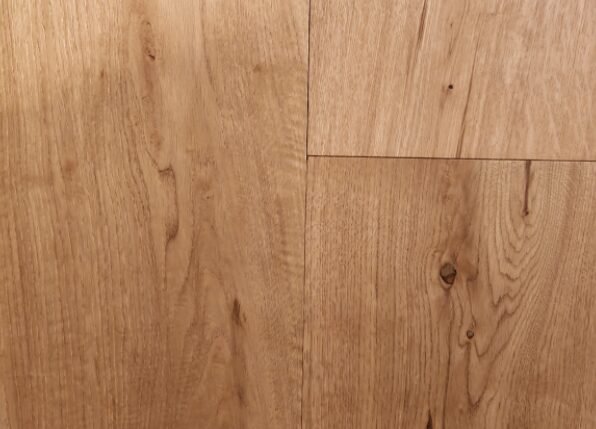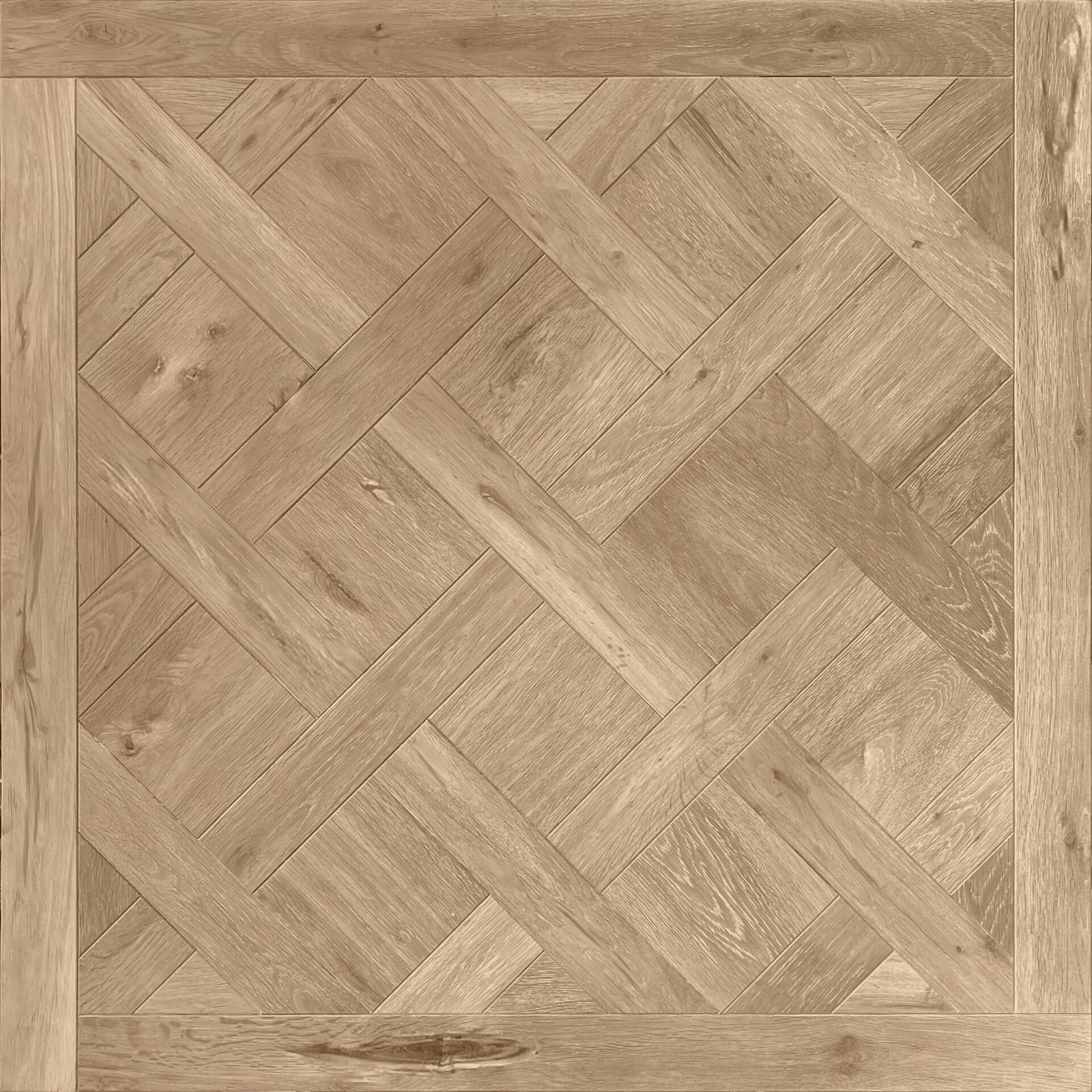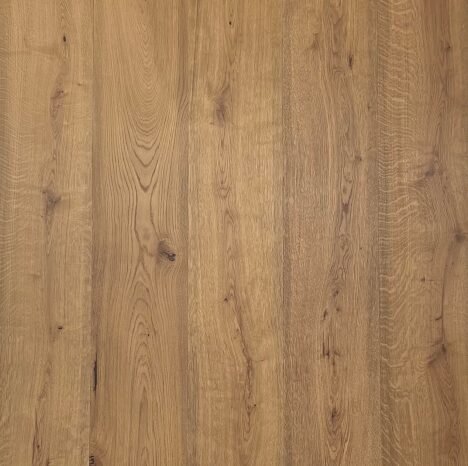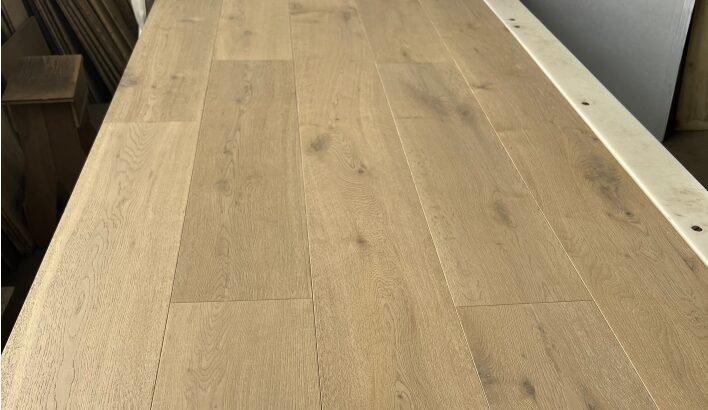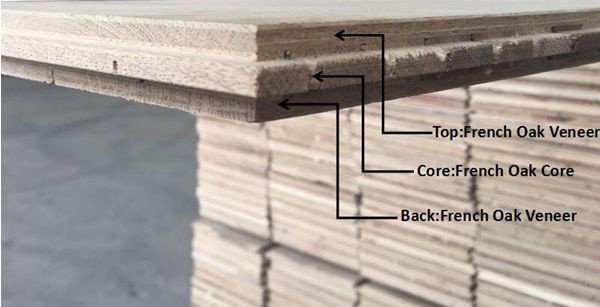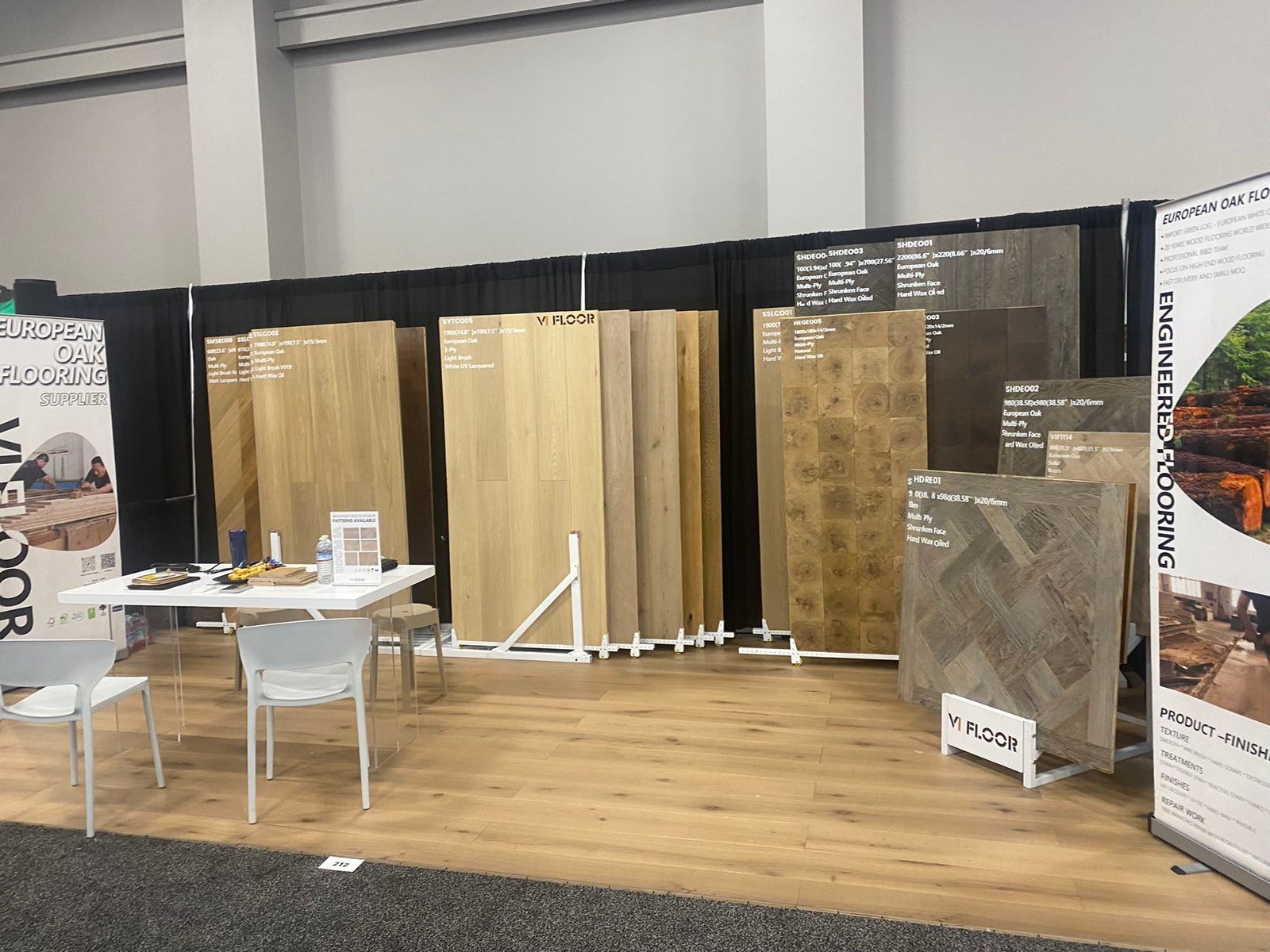Why Choosing the Right Engineered Hardwood Flooring is Crucial
When selecting flooring for any project, choosing the right type is essential. Whether it’s for residential, commercial, or industrial use, the right flooring choice not only impacts the aesthetic appeal but also the long-term maintenance costs and user experience. Engineered hardwood flooring, with its unique structure and benefits, has become the preferred choice for many construction and renovation projects. However, how do you choose the right engineered hardwood flooring for your specific needs? The correct choice will reduce future repair and replacement costs while improving the overall quality and sustainability of your project.
1. Understanding Project Requirements: Choosing the Right Flooring Based on Project Type
Every project has its own set of requirements, and selecting the right engineered hardwood flooring involves considering several factors, including the type of project, budget, usage scenario, and design style.
- Residential Projects: In residential projects, flooring not only serves as an aesthetic element but also needs to provide comfort and durability. For home environments, focus on selecting engineered hardwood flooring with high wear resistance, scratch resistance, and good temperature regulation properties, especially for homes with children or pets. Flooring that is easy to clean and maintain should be a priority.
- Commercial Projects: Commercial spaces, such as offices, retail stores, and hotels, demand higher durability and aesthetic appeal. In these high-traffic areas, the flooring needs to handle frequent foot traffic, be resistant to wear and tear, and provide a pleasant atmosphere. Engineered hardwood flooring with thicker layers and superior durability would be ideal for such spaces, with additional features like anti-slip surfaces for safety.
- Industrial Projects: For industrial projects, flooring must be extremely durable, stain-resistant, and safe. Spaces like factories, warehouses, and distribution centers require flooring that can withstand heavy loads and is resistant to chemicals and abrasions. In these cases, thicker engineered hardwood with additional protective coatings is a better option to ensure long-lasting performance.
Determining Specific Needs
To select the right engineered hardwood flooring, first assess your project’s specific requirements. Key factors to consider include:
- Wear Resistance: For high-traffic areas, opt for flooring with a higher wear resistance rating.
- Budget: Flooring costs can vary significantly. Ensure you choose a product that fits within your budget without compromising on quality.
- Style and Color: Different design styles require different colors and textures of flooring. Be sure to choose flooring that complements the overall design of the project.


2. The Importance of Quality Assurance: Choosing Reliable Products
Quality is the key factor that determines the performance and lifespan of flooring. When selecting engineered hardwood flooring, it’s crucial for importers and wholesalers to ensure the products they choose come with quality assurance to avoid any issues that may affect the project.
High-quality engineered hardwood flooring offers:
- Superior Durability: It can handle heavy foot traffic and everyday wear without significant damage.
- Long-Term Aesthetic Appeal: Quality flooring retains its visual appeal, does not easily warp, crack, or fade over time.
- Environmental Stability: Well-made engineered hardwood flooring is less likely to expand or contract with temperature and humidity changes.
The quality of engineered hardwood flooring can be assessed based on several factors:
- Material Source: Ensure that the wood or composite materials are of high quality, ensuring the flooring’s stability and durability.
- Manufacturing Process: Understand the manufacturing techniques used, such as advanced lamination processes, to ensure a high-quality finish.
- Brand Reputation: Well-established brands typically provide more reliable quality assurance, along with better after-sales service to address any potential issues.


3. Sustainability and Environmental Impact: Enhancing Project Sustainability
With the increasing focus on environmental responsibility, more customers are looking for flooring that meets sustainable and eco-friendly standards. Choosing environmentally friendly engineered hardwood flooring not only helps reduce environmental impact but also appeals to sustainability-conscious consumers, enhancing the project’s brand image.
Eco-Friendly Standards: Look for certifications like FSC (Forest Stewardship Council) certification, low formaldehyde emissions, or compliance with green building standards to ensure the flooring material is responsibly sourced and safe for use in indoor environments.
Sustainable Development: Opt for flooring made from renewable wood sources or from manufacturers that use eco-friendly production methods. For instance, Vifloor offers engineered hardwood flooring made from sustainably harvested wood and low-impact adhesives, ensuring that their products are eco-friendly.


4. Vifloor’s Solutions: Tailored Engineered Hardwood Flooring Solutions for Every Project
Vifloor, a renowned flooring supplier, specializes in offering customized engineered hardwood flooring solutions for various project types. Whether it’s a residential, commercial, or industrial project, Vifloor provides a range of options that can meet the unique requirements of each project.
- Customization Options: Vifloor offers a wide range of customization options, including colors, textures, and sizes, allowing you to match the flooring perfectly with the design of your project.
- Saving Time and Costs: By choosing Vifloor’s tailored solutions, customers can save time and money in the procurement and installation phases, ensuring a smoother project timeline.


Choosing the right engineered hardwood flooring is much more than just a procurement decision; it plays a crucial role in the long-term success of the project. From aesthetics to durability, environmental standards to cost management, every aspect must be carefully considered. Whether it’s a residential, commercial, or industrial project, understanding the project requirements, focusing on quality assurance, and choosing sustainable options are essential to making an informed decision.

